The development of a blood-oxygen sensor (that clips onto your finger) eliminated the need for costly, risky, time-consuming invasive measurements that required drawing of blood and provided accurate results in real-time. Modern optoelectronics technologies have made “medicine” much more accessible, quicker, and safer. However, the blood-oxygen sensor can only measure oxygen saturation in the circulatory [..]
Read More
Researchers have developed a novel hardware design for recording neuronal activity across the three dimensions of a restrained zebrafish larva brain. This approach can help reconstruct the brain dynamics during sensory stimulation. The new design uses a traditional multiphoton microscope with an 8-kHz resonant scanner. It integrates a remote focusing system upstream based on an [..]
Read More
Scientists have begun to wonder if they are looking for the correct type of dark matter. Traditional particle physics experiments are looking for much heavier proportions. Now, researchers have repurposed existing tabletop sensor technology to look for the particles that might make up the dark matter. There is a possibility – dark photons may constitute [..]
Read More
High-performance mirrors are employed to construct optical resonators in various applications in optics and photonics. Developing low-loss mirrors like those readily available throughout the near-infrared spectral region is a long-standing goal for optics and photonics researchers. High reflectance coatings play a significant part in the fabrication of low-loss mirrors. The key performance metrics for any [..]
Read More
Magnetic resonance imaging, or MRI, has been one of the most transformative medical imaging tools in the last few decades. While powerful and insightful, MRI scans are a slow technology that can frequently cause patient discomfort. A typical scan lasting 40 to 60 minutes can be overwhelming for a patient who is already in pain. [..]
Read More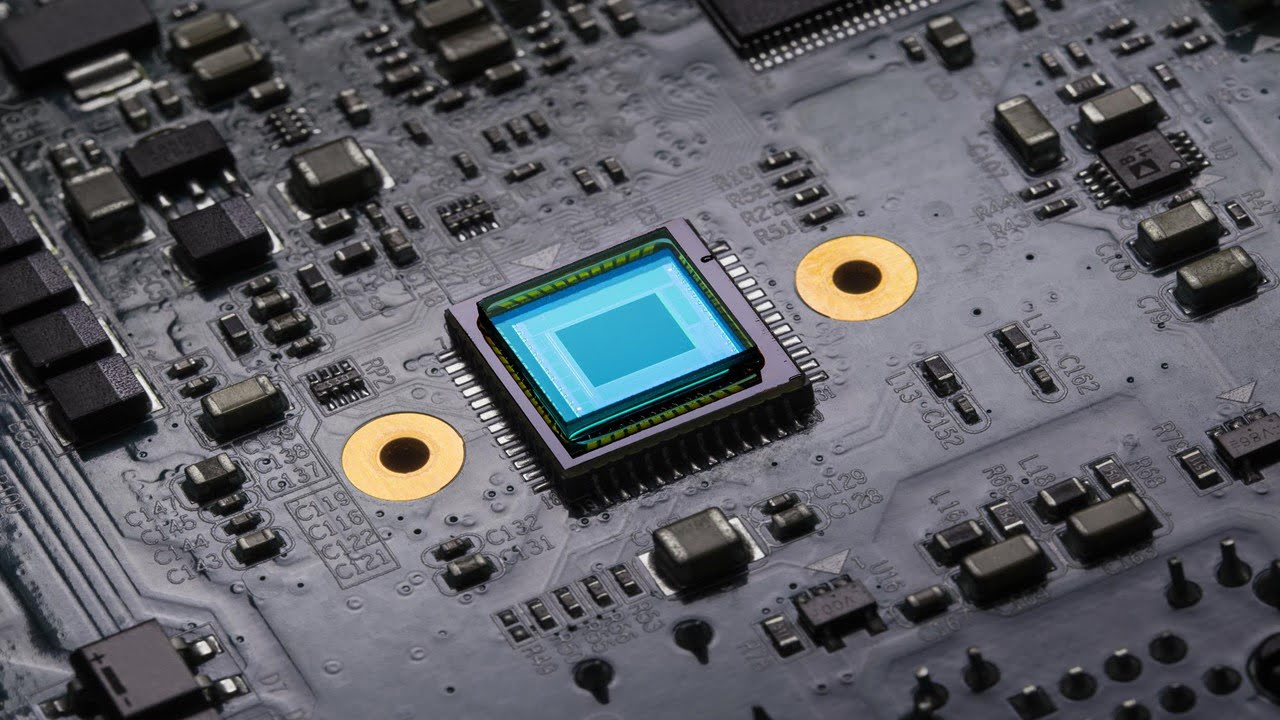
Touch sensors in mobile phones that detect finger input on the touch screen have not changed much since their first release in the mid-2000s. Conversely, the screens of smartphones and tablets continuously offer improved visual quality: higher color fidelity, higher resolution, and crisper contrast. Researchers have now developed an artificial intelligence (AI) algorithm that gives [..]
Read More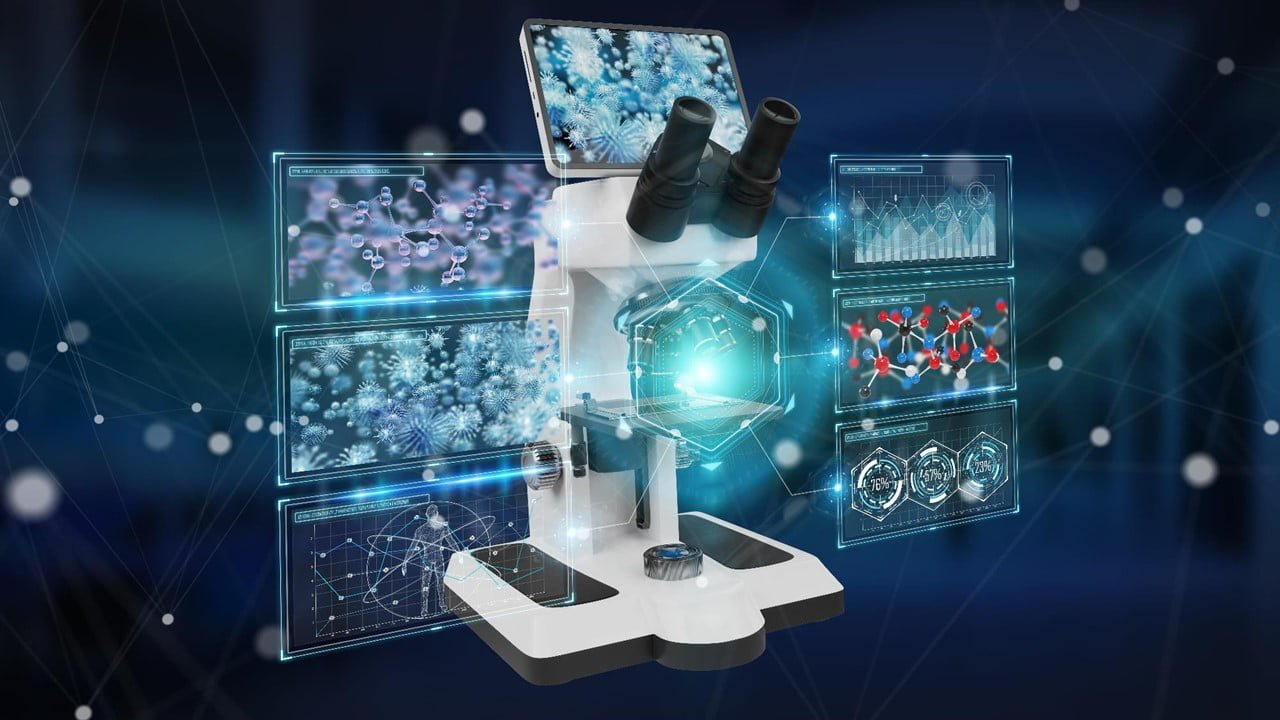
Single-molecule localization microscopy is a super-resolution imaging technique that relies on blinking fluorescent emitters’ spatial and temporal separation. Individual localization is possible for these blinking events with a precision significantly smaller than the classical diffraction limit. This sub-diffraction localization precision depends on the number of photons emitted per molecule and sensor noise. We can estimate [..]
Read More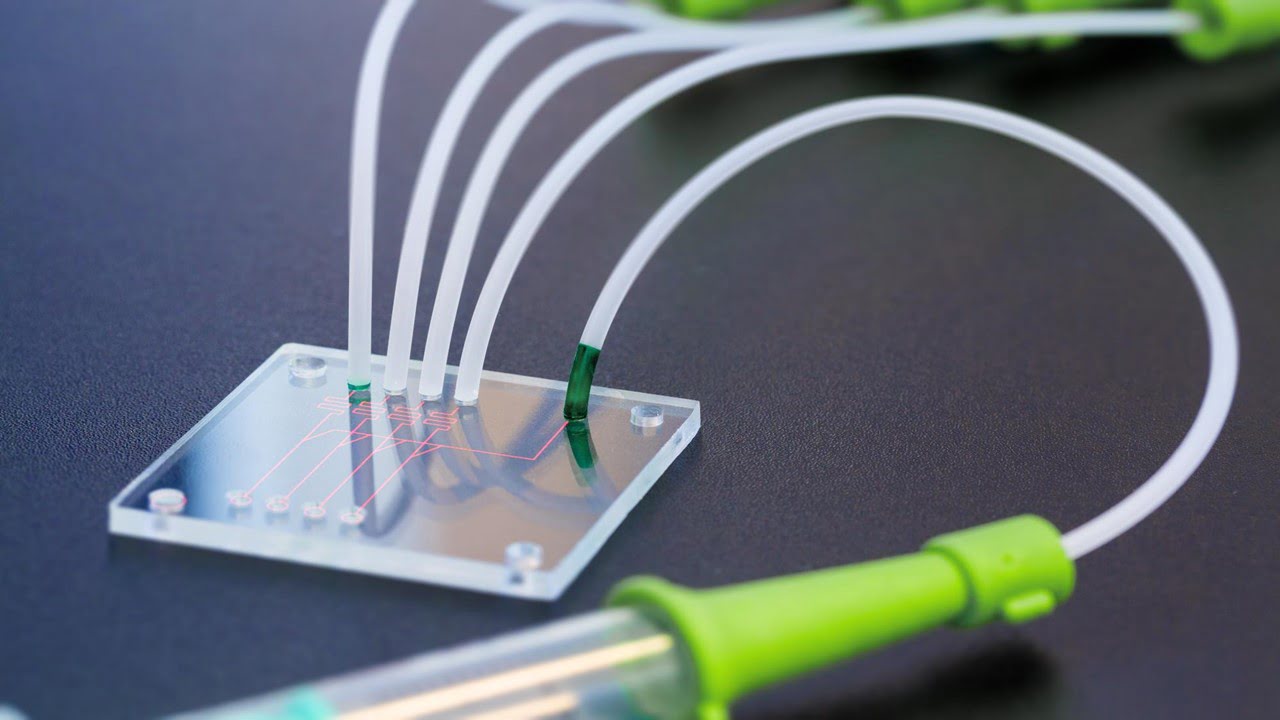
Using Organ Chips technology, researchers discovered that the antimalarial drug amodiaquine is a powerful inhibitor of infection with SARS-CoV-2, the virus that causes COVID-19. The drug testing ecosystem greatly simplifies evaluating the safety and efficacy of existing drugs for new medical applications. It serves as a proof-of-concept for the use of Organ Chips to rapidly [..]
Read More
The terahertz range holds potential for ultra-wideband wireless communications applications, including 6G and beyond, due to large and under-utilized spectral bandwidth. Terahertz communications will benefit from channelization as individual channel bandwidths will be reduced, simplifying baseband and intermediate-frequency (IF) circuits. Furthermore, passive multiplexers enable power combining of several independent sources at different frequencies, which is [..]
Read More
Researchers have developed a deepfake detection method focusing on a lightweight, low training complexity, and high-performance face biometrics technique with ideal size, weight, and power (SWaP). Deepfake refers to artificial intelligence-synthesized, hyper-realistic video content that falsely depicts individuals saying or doing something. The researchers set out to tackle the significant threat that deepfake pose to [..]
Read More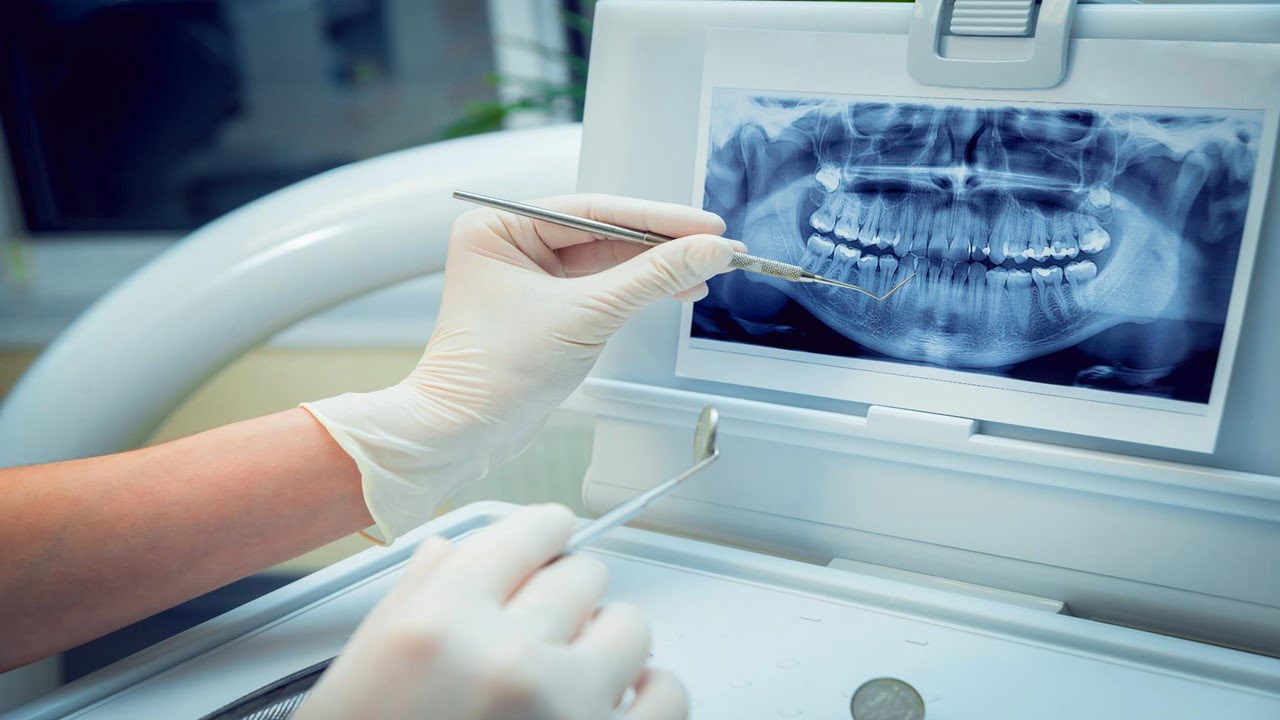
The estimation of dental age remains part of active research in forensic science. In legal proceedings, a series of clinical and radiological examinations are carried out for accurate age estimation of living individuals. The age estimation procedure often includes a physical examination, a dental examination with dental status and an X-ray of the dentition, and [..]
Read More
NMR spectroscopy is an information-dense analytical technique used to characterize materials by quantifying and determining molecular structure. Current NMR methodology is primarily limited to single-sample measurements under low-throughput conditions, which is a persistent challenge. As a result, there needs to be more alignment between applications that require screening large parameter spaces and the desire to [..]
Read More
Researchers have devised and implemented a simplified algorithm for turning freely drawn lines into holograms on a standard desktop CPU. They dramatically cut down the computational cost and power consumption of holographic algorithms that require dedicated hardware. It is fast enough to convert writing into lines in real time and makes crisp, clear images that [..]
Read More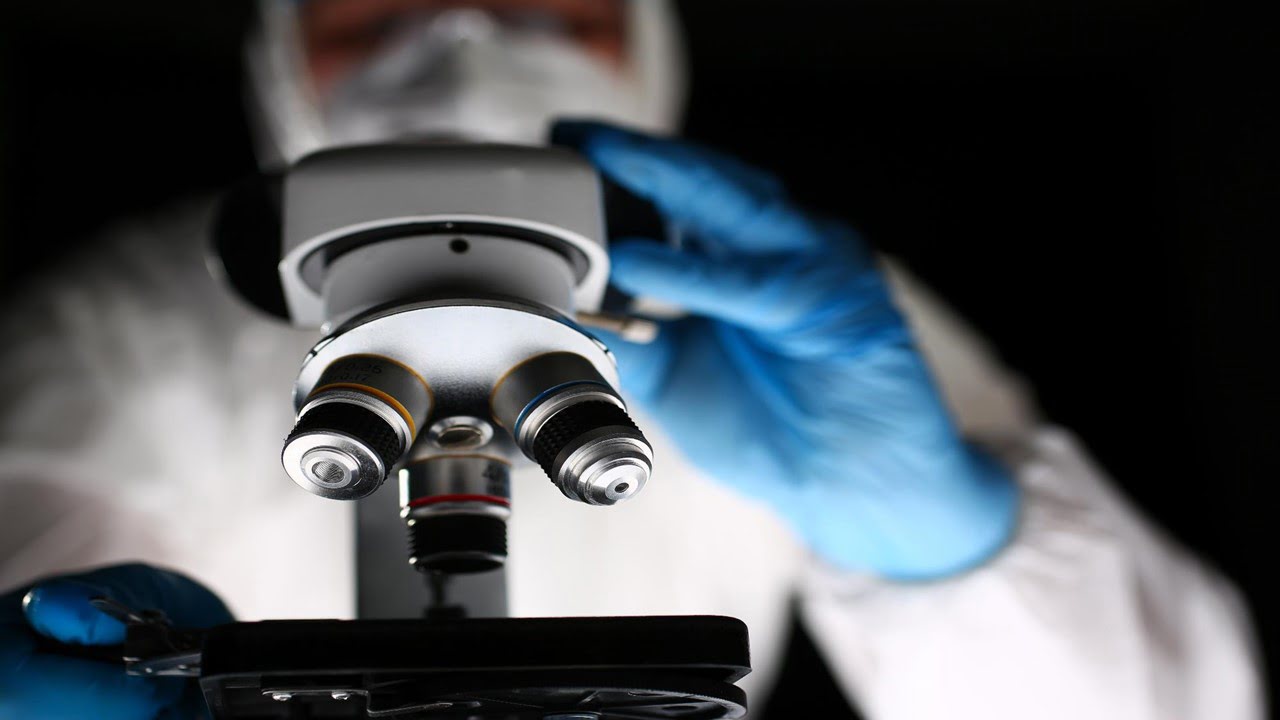
A group of scientists used a new Scanning Transmission Electron Microscope (STEM) technique to image the electron distribution in electrides, which are ionic compounds, particularly the electrons that float loosely within pockets and appear separate from the atomic network. Differential Phase Contrast (DPC) in STEM is a new technique that measures and maps a material’s [..]
Read More
Researchers at UMass Lowell are working on a pilot project to help the university identify and prioritize cost-saving repairs and energy-efficiency projects on campus. Drones equipped with infrared cameras can create thermal maps showing where buildings or underground steam pipes are losing heat and costing organizations money. These can help identify energy efficiency projects. They [..]
Read More
Biosensors are usually designed following a three-step process: recognition of biomolecules, triggering of signal, and detection (e.g., using phase change material properties). Recognizing the biomolecules is the first and very important step in designing a biosensor system. Biosensors are useful for environmental analysis and agricultural management applications, particularly in detecting infectious diseases in crops, toxic [..]
Read More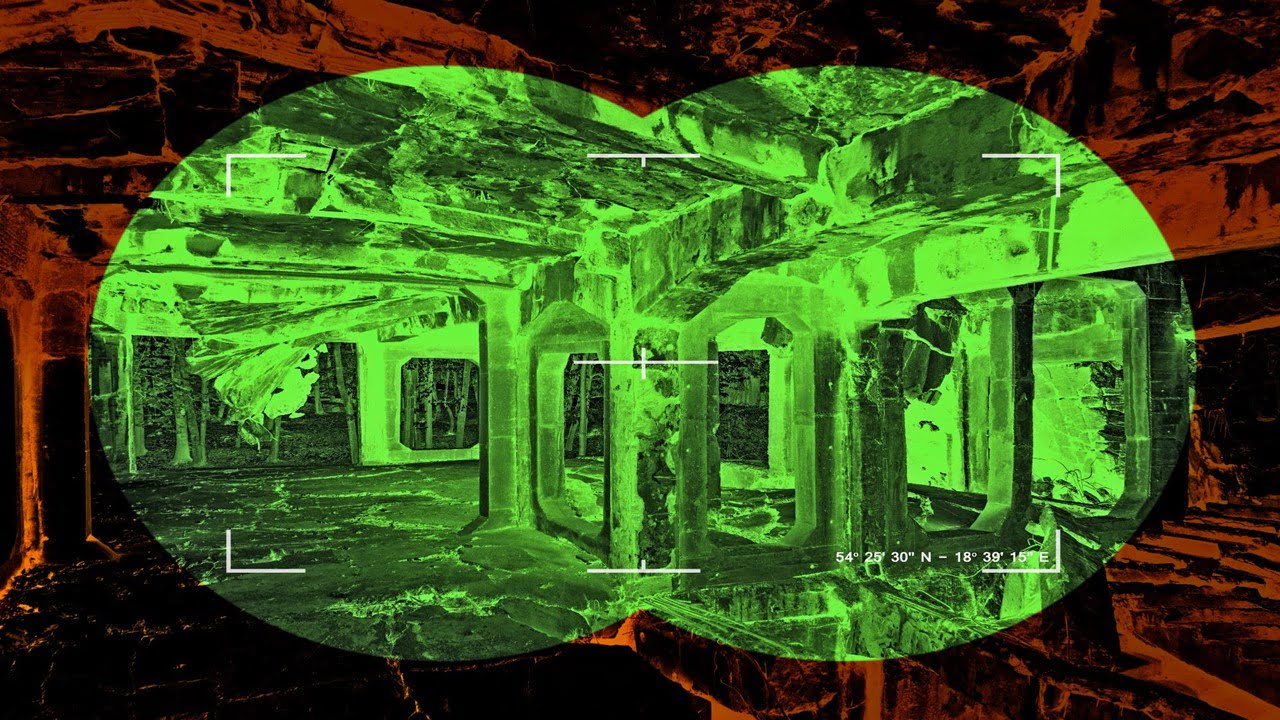
Ca3SiO, a chemical compound discovered by researchers, is a direct transition semiconductor, making it a potentially bright infrared LED and infrared detector component. This semiconductor compound, made up of calcium, silicon, and oxygen is inexpensive and non-toxic. Today’s infrared semiconductors contain toxic chemical elements like cadmium and tellurium. Ca3SiO could be used to create cheaper [..]
Read More
Excessive fat accumulation in the liver can lead to serious medical problems, including liver failure. Thus, understanding the distribution of lipids within the liver is critical in diagnosing fatty liver diseases. A team of researchers has now shown that near-infrared hyperspectral imaging permits the visualization of lipid content in mouse liver. This technique can facilitate [..]
Read More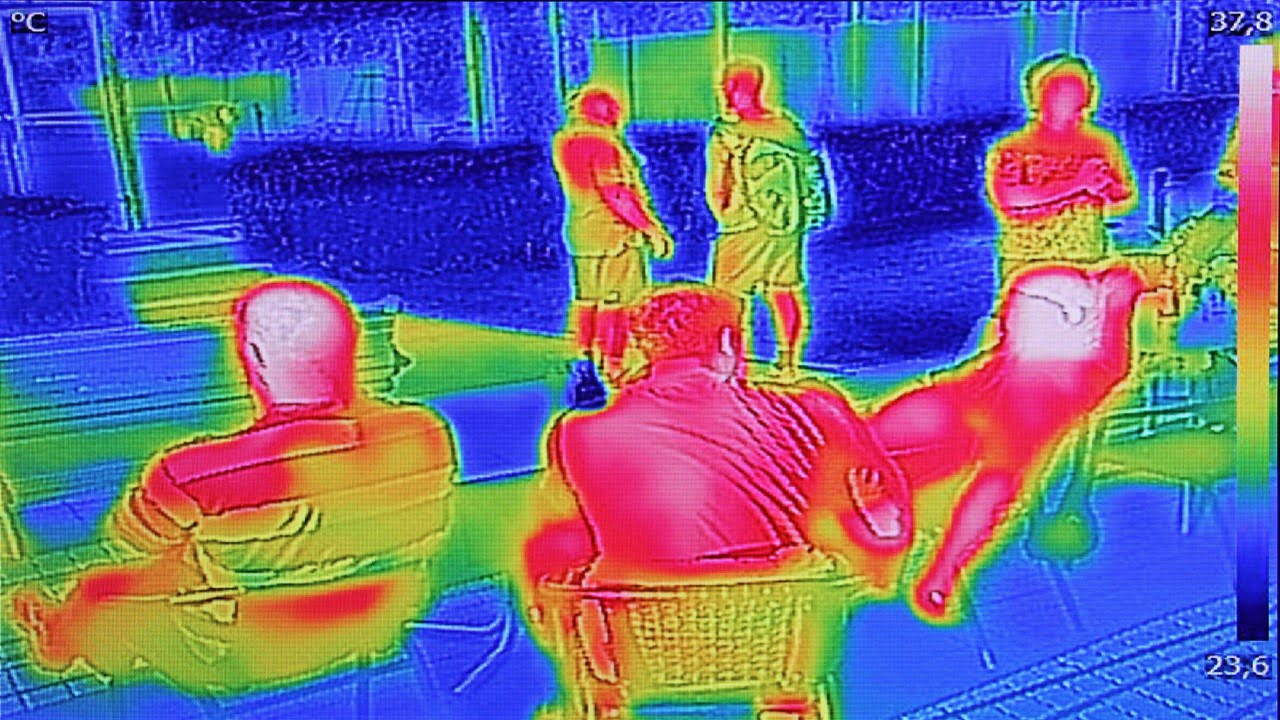
Temperature recordings were widely used as a screening tool to help detect COVID-infected individuals. Traditional approaches to temperature screening have several important things that could be improved. Because absolute temperature is measured in the axilla, mouth, or eardrum rather than the body’s core temperature, it has limited utility. As a result, there is no accurate [..]
Read More
Electrochemiluminescence, also known as electrogenerated chemiluminescence, is one of the most widely used techniques for producing light through efficient electron transfer (ECL). Individual ECL spectra showing emitted light are collected continuously during a potentiodynamic course, allowing ECL mechanisms to be investigated. The obtained spectra are spooled together and plotted along the applied potential axis, which [..]
Read More